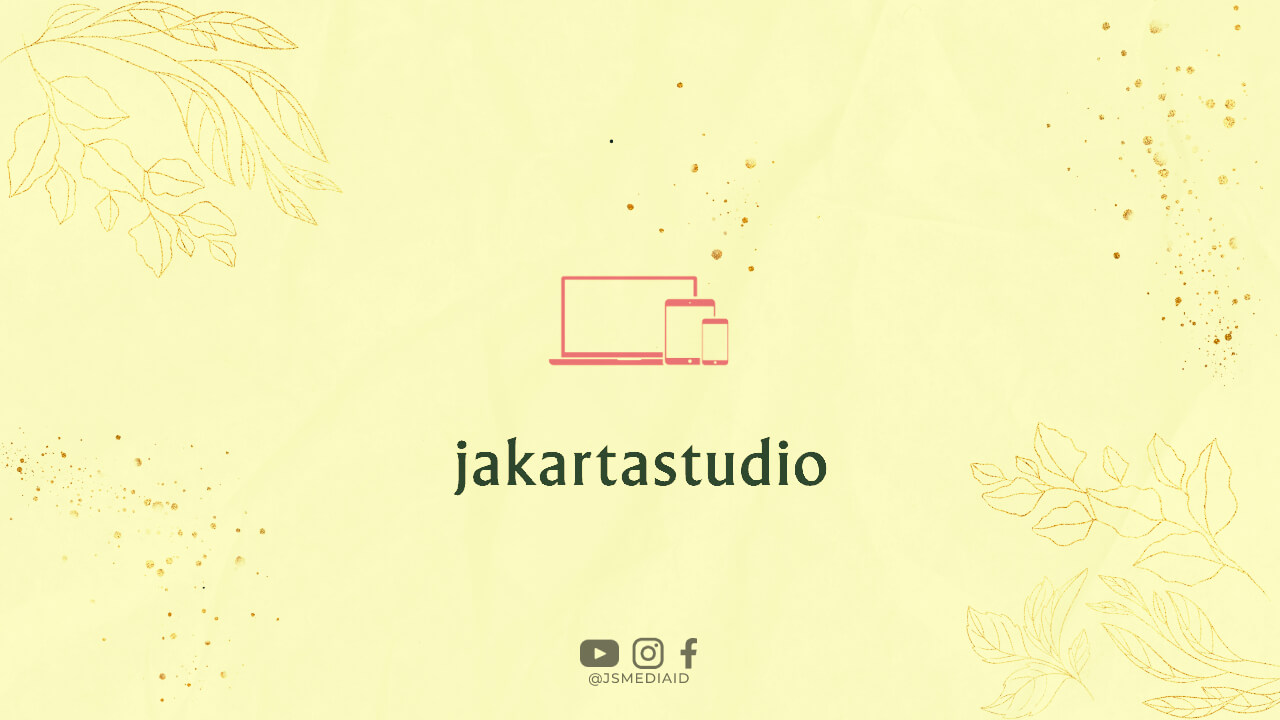During these uncertain times, many homeowners are struggling to make their mortgage payments due to financial hardship caused by the COVID-19 pandemic. If you’re in this situation, you may be eligible for mortgage forbearance, a temporary pause or reduction in your mortgage payments. In this article, we’ll explain what mortgage forbearance is, how it works, and what you need to know if you’re considering applying for it.
What is Mortgage Forbearance?
Mortgage forbearance is an agreement between you and your mortgage lender that allows you to temporarily suspend or reduce your mortgage payments due to financial hardship. This agreement can be helpful if you’re experiencing a short-term financial setback, such as job loss, illness, or other unforeseen circumstances that make it difficult to keep up with your mortgage payments.
How Does Mortgage Forbearance Work?
When you enter into a mortgage forbearance agreement, your lender agrees to temporarily pause or reduce your mortgage payments for a specific period of time. This period can range from a few months to a year or more, depending on your lender’s policies and your financial situation. During the forbearance period, interest may still accrue on your mortgage, but you won’t be required to make any payments.
At the end of the forbearance period, you’ll be required to resume making your regular mortgage payments, plus any interest that has accrued during the forbearance period. Your lender may offer you several options for repaying the missed payments, such as adding them to the end of your mortgage term, spreading them out over a longer period of time, or creating a repayment plan.
Who is Eligible for Mortgage Forbearance?
If you’re experiencing financial hardship due to the COVID-19 pandemic, you may be eligible for mortgage forbearance. The CARES Act, which was passed by Congress in March 2020, provides relief to homeowners with federally-backed mortgages, such as those backed by Fannie Mae, Freddie Mac, FHA, VA, and USDA. Under the CARES Act, homeowners with federally-backed mortgages who are experiencing financial hardship due to COVID-19 can request up to 360 days of forbearance.
Even if you don’t have a federally-backed mortgage, many private lenders are offering mortgage forbearance programs to help homeowners during this difficult time. Contact your mortgage lender to find out if you’re eligible for forbearance and what options are available to you.
How to Apply for Mortgage Forbearance
If you’re interested in applying for mortgage forbearance, contact your mortgage lender as soon as possible. Your lender will likely ask you to provide documentation of your financial hardship, such as proof of job loss, medical bills, or other expenses that are causing you to fall behind on your mortgage payments.
It’s important to note that you’ll still be responsible for paying your property taxes, homeowner’s insurance, and any other fees or charges associated with your mortgage during the forbearance period. Make sure you understand the terms of your forbearance agreement and how it will affect your overall mortgage payments and financial situation.
What are the Pros and Cons of Mortgage Forbearance?
There are both pros and cons to mortgage forbearance, depending on your individual circumstances. Some of the benefits of mortgage forbearance include:
- Temporary relief from mortgage payments
- Protection from foreclosure during the forbearance period
- Possible extension of your mortgage term to make up for missed payments
However, there are also some potential drawbacks to mortgage forbearance, such as:
- Accrued interest during the forbearance period
- Possible damage to your credit score
- Possible difficulty in securing future credit or loans
Conclusion
Mortgage forbearance can be a helpful option for homeowners who are experiencing financial hardship due to the COVID-19 pandemic. If you’re struggling to make your mortgage payments, contact your lender to find out if you’re eligible for forbearance and what options are available to you. Make sure you understand the terms of your forbearance agreement and how it will affect your overall mortgage payments and financial situation. By taking advantage of mortgage forbearance, you can get temporary relief from your mortgage payments and protect your home from foreclosure.

